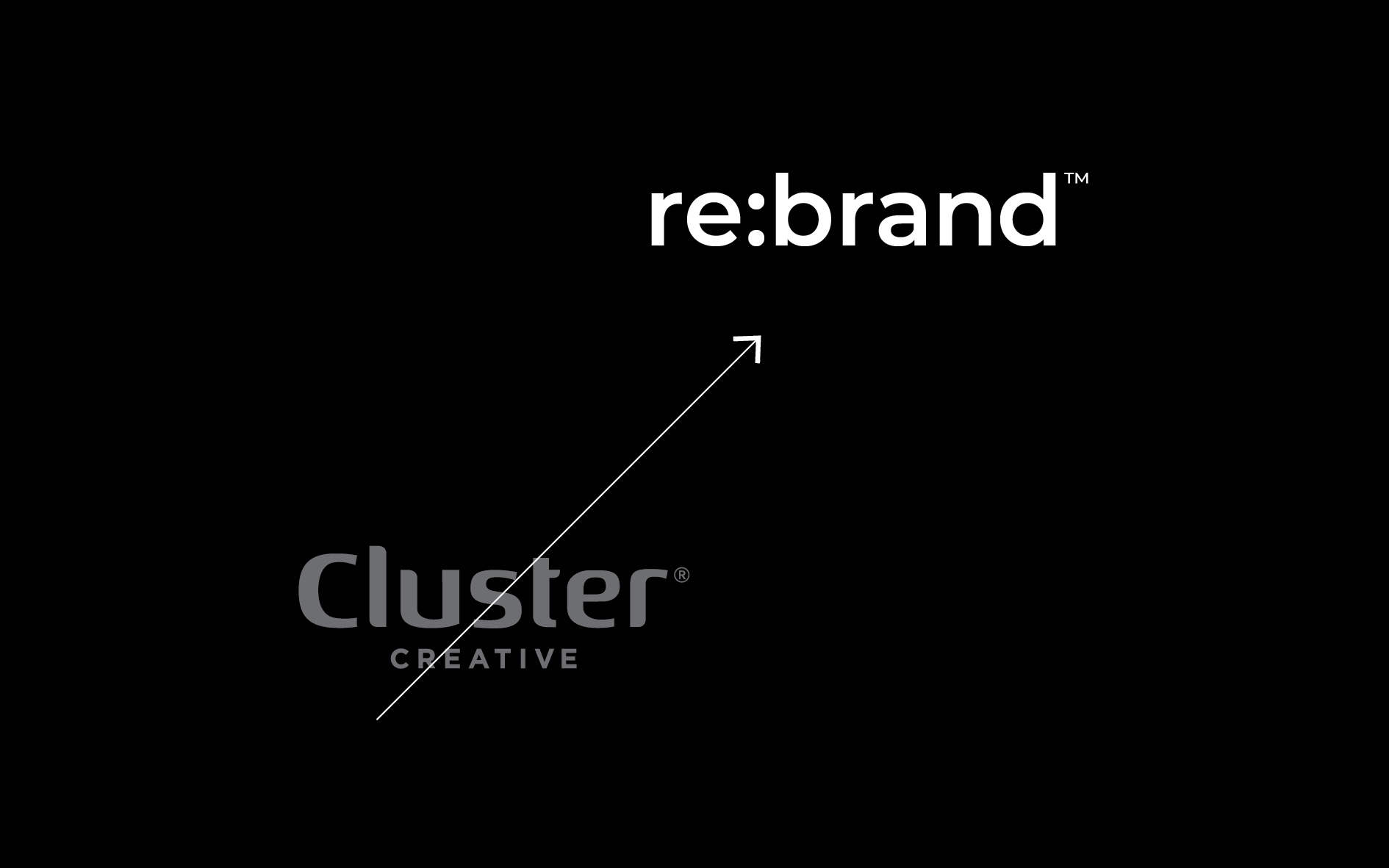Our highly experienced web director David Johnson helps us explore what SEO is and why it is so heavily linked to your brand and your business success.
What is SEO?
So what exactly is SEO? It is an acronym for Search Engine Optimisation. It refers to the practice of optimising a website or online content to increase its visibility and ranking on search engine results pages (SERPs). The primary goal of SEO is to drive organic (non-paid) traffic to a website by improving its relevance and authority in the eyes of search engines like Google.
When conducting a search on Google, you’ll encounter a list of links, sometimes these are sponsored links. Utilising this approach can be advantageous for your business, especially if you’re aware that each dollar invested in Google Ads yields a two-dollar return. Of course, any successful business knows that you need to spend money to make money.
But imagine appearing at the top of Google organically. Instead of spending a dollar and making two. Now you have acquired a two dollars profit instead. However, this is not the real gain of SEO. A prominent organic search ranking signifies that your site has earned its position through merit, establishing your business as an authority or a solution relevant to the searched query. This is the essence of SEO: optimising your site to attain a high search ranking organically and in the process, gaining credibility and traffic. Often people will search for a business like yours and then contact the businesses that came up in the top 10 search results.
How can you enhance your site’s SEO?
A key element is acquiring backlinks. Natural links to your site serve as an endorsement, boosting your site’s visibility in search results. However, this should occur naturally; Google can detect artificially generated backlinks and may penalise your site. Thus, SEO efforts should not entail purchasing backlinks. Otherwise, your site risks being removed from search indexes entirely. Rather, good SEO revolves around managing elements within your control.
It’s a multifaceted field mastered by experts. This entails comprehending and implementing web page structuring, choosing suitable language, employing headings and emphasised text, and establishing a solid page hierarchy. This entails optimising pages for a particular set of commonly searched keywords, aiming to make your page more discoverable to users.
For most businesses, the challenge lies in competing with numerous other organisations that boast impressive websites with some even having numerous organic backlinks. So, how can you stand out against these competitors? The key often lies in understanding Google’s ranking algorithm, which is heavily influenced by effective SEO practices.
It’s crucial to acknowledge the fiercely competitive nature of the online landscape.
Even when websites are similar in quality, the difference between ranking first and twentieth can be marginal. Just like an Olympic race where all competitors are highly skilled, the ultimate victor is the one who crosses the finish line first, even if it’s by the smallest of margins. SEO frequently acts as the factor that sets your site apart, giving you the competitive advantage needed to clinch a top spot.
Let’s break it down a bit further.
SEO provides the following:
- Increased Visibility: By optimising your website for search engines, you increase the likelihood of your content appearing prominently in search results when users search for relevant keywords. This increased visibility can lead to more website traffic and more customers.
- Credibility and Trust: Websites that rank higher in search results are often perceived as more credible and trustworthy by users. A strong SEO strategy can help establish your brand as an authority in your industry, leading to increased trust and credibility among your target audience.
- Better User Experience: SEO involves optimising various aspects of a website, such as site structure, navigation, and content quality. These optimisations not only improve search engine rankings but more importantly, also enhance the overall user experience, making it easier for visitors to find the information they need when navigating your site.
- Competitive Advantage: In today’s digital landscape, where competition is fierce in nearly every industry, having a strong SEO strategy provides a competitive advantage. Businesses that invest in SEO are more likely to outperform their competitors in search engine rankings, attracting more traffic and potential customers.
- Cost-Effectiveness: While there may be upfront costs associated with implementing an SEO strategy, such as hiring SEO experts or investing in tools and software, the long-term benefits outweigh the initial investment as it’s often an upfront cost that pays off, time and time again. Compared to paid advertising which is an ongoing expense, SEO pays off in the long run.
Conclusion
In essence, SEO plays a vital role in driving organic traffic, building credibility, and ultimately fostering the success and expansion of your brand and business in today’s digital era.
Just as you face competition in the physical marketplace, the online sphere is equally competitive. Your customers inhabit both physical and digital realms, underscoring the importance of establishing a presence for your brand and business in both arenas.
Want to learn more? Start with Google manual or give us a call to discuss your options.
About the Author: David Johnson.
David serves as our main digital developer, boasting over thirty years of experience in web development, coupled with two decades of expertise in SEO.










